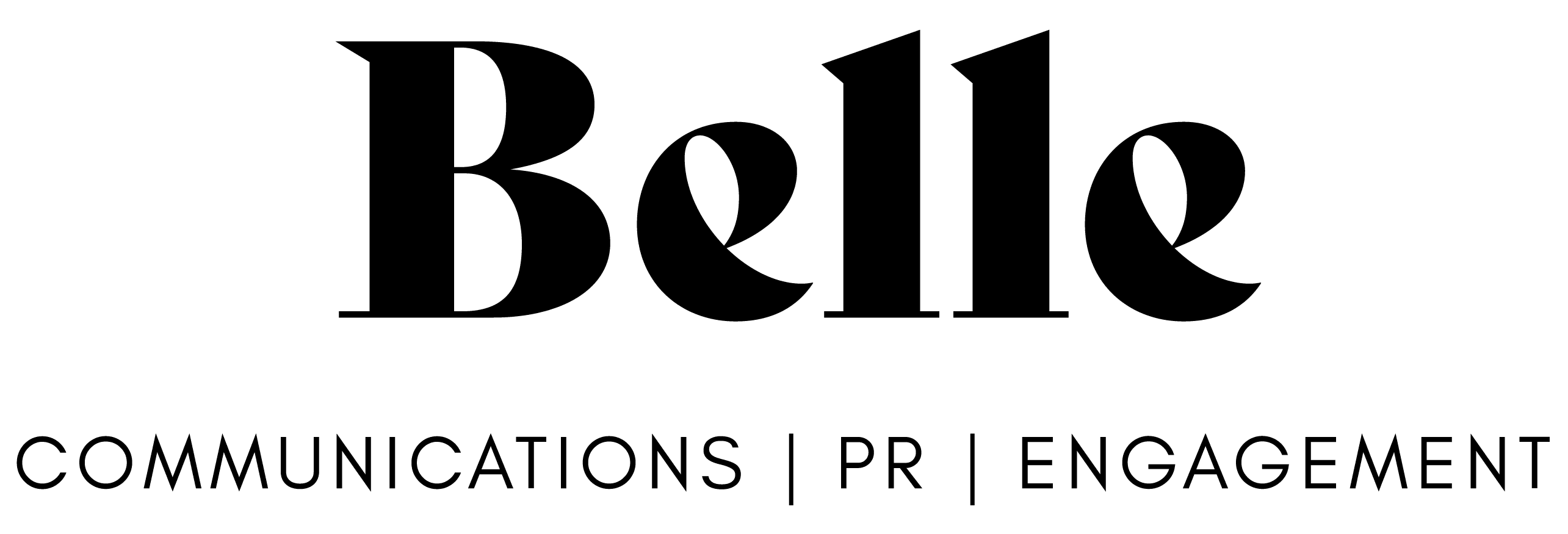Last weekend I was incredibly lucky to spend a few days in the Coromandel with my husband and his colleagues, a very generous thank you gift from his employer for the team’s hard work during 2020. How cool is that?!
As we were getting to know each other, it provided me with my first real opportunity to chat to people about my new business venture, Belle PR, and my future plans. They’d heard I was going out on my own to consult, but didn’t know what exactly I’d be consulting on. So I had to work up a good story about communication and the value of PR pretty quickly. In other words, I had to nail my elevator pitch!
Now, you might be wondering why this is so important. It’s quite straight forward: An average pitch = an average first impression of your business.
If I had said something along the lines of ‘I’ll be working with organisations and business leaders focusing on strategic communication processes that build mutually beneficial relationships between them and their publics’, eyes would’ve glazed over pretty quickly. By the way, that's a common definition of public relations.
A superb elevator pitch is one of your most important marketing communication assets. It’s a brief summary of your organisation, your product or yourself, which you can make in 30 seconds or less.
Here are a few do’s and don’ts to get your elevator pitch on point:
Do:
- Keep it simple - hold back on technical language so anyone outside your industry ‘gets it’.
- Include your unique selling point - people will want to know what makes you different to your peers, other products, other services or other businesses.
- Be prepared to answer questions - if you’ve hooked your audience in, they’ll want to know more.
- Practice your delivery - your elevator pitch will be a lot more successful if you’re confident delivering it.
Don’t:
- Make it long - you don’t need to provide your full history or biography; a short recap of who you are and what you does just fine.
- Make it all about you - you’ll be far more likely to spark interest if you make it about them.
- Provide too much information - no one will remember a full list of your accomplishments.
- Forget who you’re talking to - you’ll need to tweak your elevator pitch depending on your audience.
Here’s a basic formula you can follow:
“I help (who do you help?) by doing (how do you help them?) so that (why is this important?).”
If you’re a fan of Simon Sinek, start with why.
By the way, if you want to see a few epic photos from the Coromandel, check out my Instagram. Hahei was gorgeous and I can highly recommend the walk to Cathedral Cove.

